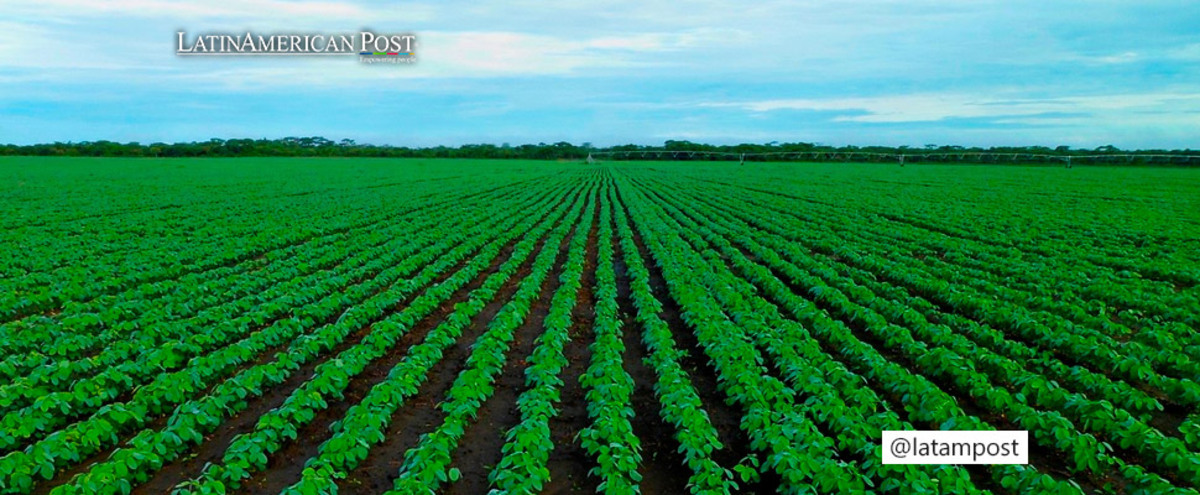Brazil: What To Do With Soybean Crops In The Amazon That Break The Law?
An NGO reported that 74% of soybean crops in the Amazon and Cerrado of Brazil fail to comply with the law: therefore, compliance with the Forest Code is urgent .

Photo: Pixabay
EFE
Listen to this article
Leer en español: Brasil: ¿Qué hacer con los cultivos de soja en Amazonía que incumplen la ley?
Three years ago, 74% of soybean crops in the Amazon and the Cerrado of Brazil presented "evidence" of illegal deforestation or non-compliance with the environmental legislation of the South American country, according to a report with 2020 data published this Tuesday by the NGO Instituto Life Center (ICV).
Of the 19 million hectares whose records were analyzed by the Brazilian NGO, 58% (11 million) then presented "some" evidence that deforestation was done without prior authorization from environmental bodies or that the regulations on preservation of forests were not respected.
On another 16% of the land (three million hectares) there was "strong" evidence of both deforestation without permission and violation of preservation rules (the Brazilian forest code requires maintenance of between 80% and 20% of flora in plantations).
The coordinator of the NGO and specialist in environmental management, Ana Paula Valdiones, pointed out in statements to EFE the problem of delays in the implementation of the Forest Code, approved more than a decade ago, which prevents having "clarity" about compliance with legislation by farmers.
"Only the data of 1% of registered soybean farms has been validated by an environmental body. It is a very small percentage," she noted.
The lack of data on possible violations clashes with a rule recently approved by the European Union (EU) that requires its agricultural imports to comply with the environmental legislation of the producing countries themselves and to guarantee that they do not come from deforested areas after December 31 of 2020.
However, according to the ICV study, two fifths of the soybeans planted on farms with "strong" evidence of non-compliance were destined for export, firstly to China (44%) and secondly to the EU ( 13%).
In this context, Valdiones stated that it is necessary to "accelerate" the implementation of Brazil's Forest Code and that the EU can lend a hand with that through technical support and incentives.
"A path that can be fruitful is to have more dialogue between the EU and producer countries to strengthen what the latter already do," she indicated.
The Government of Luiz Inácio Lula da Silva has expressed itself against the new European environmental demands being integrated into the trade agreement between the EU and Mercosur that is currently being negotiated.
Brazil is the world's largest soybean producer, with a record harvest of 154 million tons this year, 23% more than the previous year, according to government data.




